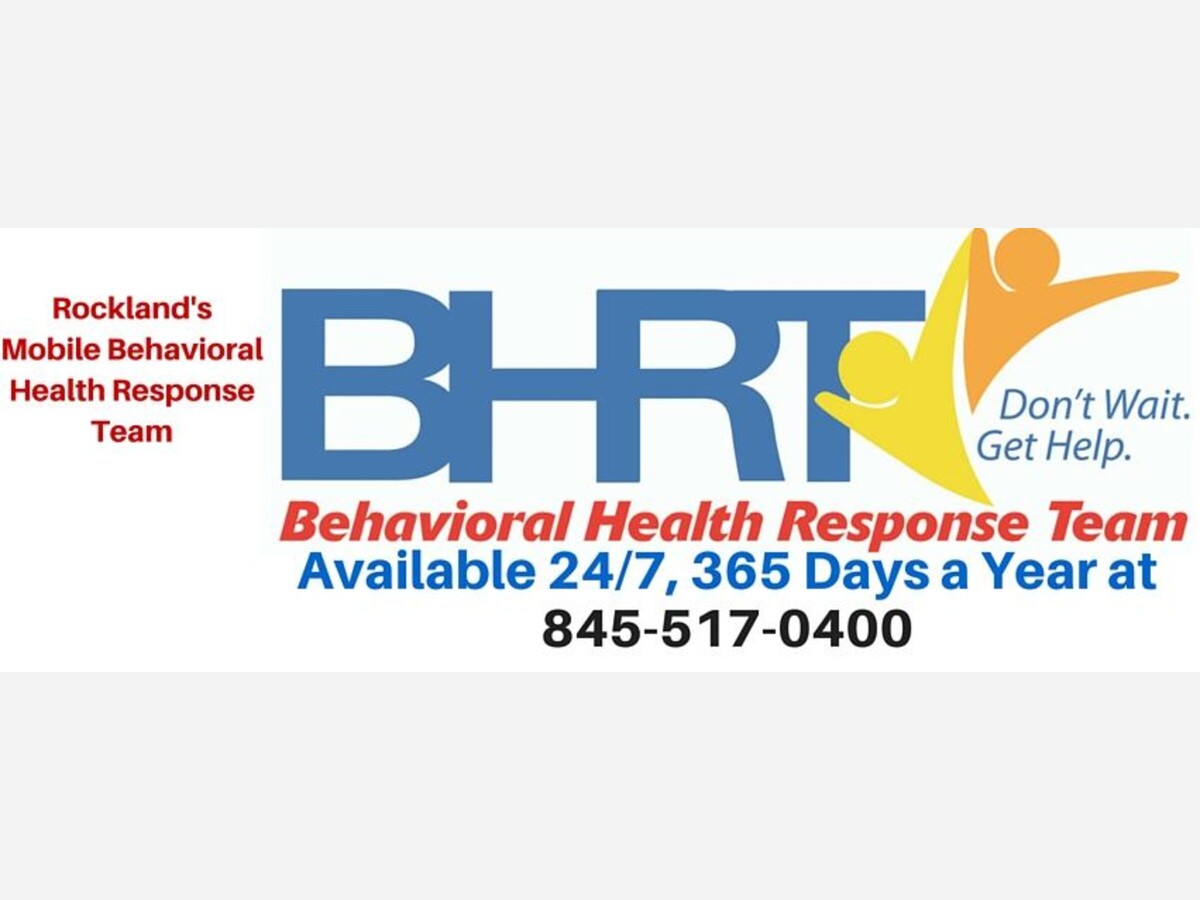Image

Negative emotions are a natural part of the human experience. We all feel angry, sad, frustrated, depressed, fearful and anxious at times. However, if we allow these emotions to take control, they can have a negative impact on our mental health, relationships, and overall quality of life. Learning to control negative emotions is an essential skill that can help us to navigate life’s challenges with greater ease.
Here are some strategies from Tara Brock, Home Based Crisis Intervention Coordinator for Rockland County’s Behavioral Health Response Team, for controlling negative emotions:
Identify the emotion: The first step in controlling negative emotions is to identify them. Many people find it challenging to identify their emotions, particularly if they are experiencing several at once. However, it is essential to recognize and acknowledge your emotions to understand the root cause. Sometimes Journaling can help with this process, writing down what you’re feeling and getting it on paper can often diffuse negative feelings within a short period of time.
Take a breath: While it sounds so basic, deep breathing is an effective way to calm your body and mind when you are feeling stressed or anxious. Try taking a few slow, deep breaths, focusing on the air moving in and out of your body which can actually help to lower your heart rate and reduce feelings of tension. Taking a walk is also a great way to diffuse anger and negative emotions.
Practice mindfulness: Mindfulness is a form of meditation that involves focusing your attention on the present moment without judgment. By practicing mindfulness regularly, you can train your mind to observe your emotions without getting caught up in them. This can help you to respond to situations more calmly and effectively.
Use positive self-talk: Negative self-talk can fuel negative emotions, leading to a vicious cycle of negativity. Instead, try to use positive self-talk to reframe negative thoughts and emotions. For example, instead of thinking, “I’m never going to be able to do this,” try thinking, “I’m going to keep trying until I figure it out.” Keeping a list of your positive attributes in your phone can also be a great tool.
Practice self-care: Taking care of your physical and emotional well-being can help you to better control negative emotions. Make time for activities that you enjoy, such as exercise, hobbies, or spending time with loved ones. Practice good sleep hygiene and try to eat a healthy, balanced diet.
Seek support: Sometimes, controlling negative emotions or anger can feel overwhelming, and it can be helpful to seek support from others. Reach out to friends or family members, or consider talking to a mental health professional. They can provide you with tools and strategies to help you manage your emotions.
Rockland Behavioral Health Response team is available 24/7 365 days a year if you need to reach out for phone support or if you need them to go to your place or residency or work. Services are 100% free, paid for by Rockland County government funding. The number is 845-517-0400. You can also find videos and helpful information on their website at www.rocklandhelp.org and a video about this on their Facebook page at https://www.facebook.com/BHRTGetHelp
About The Rockland Behavioral Health Response Team
BHRT has an experienced team of mental health professionals capable of responding immediately to requests for assistance or intervention with any behavioral health issue ranging from serious emotional crisis to seeking guidance for behavioral health support. The team will conduct a basic needs assessment and provide referrals to mental health providers and agencies to ensure that individuals and families receive the ongoing care they need. They can also come to your home or place of work to assist if necessary. If immediate additional support is needed, the BHRT team members will arrange transportation to the most appropriate facility. BHRT works collaboratively with all Rockland hospitals, mental health agencies, and first response agencies to ensure the most appropriate care.